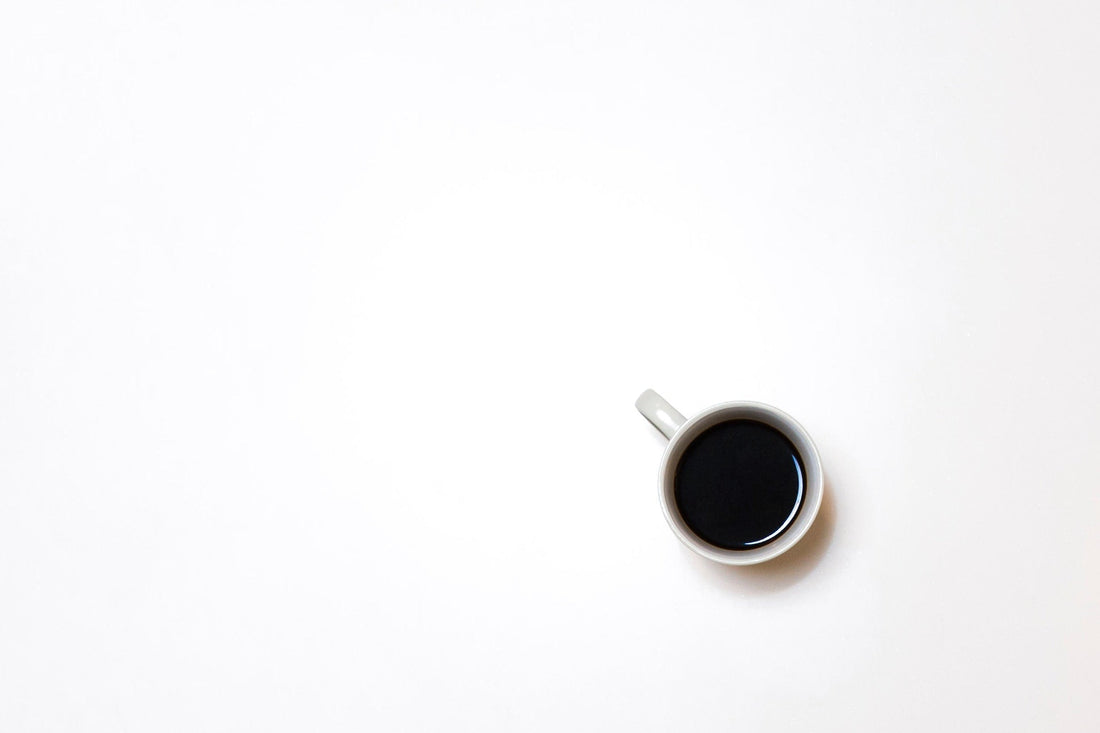
Decaf Coffee and Diuresis
James RocheDecaf Coffee and Diuresis: Separating Fact from Fiction
For many coffee lovers, the thought of a morning cup of coffee is not just about savouring the flavour but also the promise of a gentle awakening. However, the caffeine content in regular coffee often leads to concerns about its diuretic effect. But what about decaffeinated coffee? Is decaf a diuretic? In this article, we explore the relationship between decaf coffee and diuresis to separate fact from fiction.
Is Decaf coffee a diuretic: Overview
Decaf coffee has a minimal diuretic effect thanks to its low caffeine content. Studies show no significant difference in urine output compared to water, making it a good hydrating option for coffee lovers.

Decaf Coffee and Diuresis: The Caffeine Connection
To understand whether decaf coffee acts as a diuretic, we need to delve into the role of caffeine in diuresis.
Caffeine's Diuretic Effect:
Caffeine, a natural stimulant found in coffee, is known for its diuretic properties. It can increase urine production, leading to more frequent trips to the restroom. The diuretic effect of caffeine can vary from person to person, with some individuals being more sensitive to it than others.
Decaf and Caffeine:
Decaffeinated coffee, as the name suggests, is coffee with most of its caffeine removed. While decaf isn't entirely caffeine-free, it contains significantly less caffeine compared to regular coffee. An 8-ounce cup of decaf typically contains only about 2 to 5 milligrams of caffeine, as opposed to the 70 to 140 milligrams found in a regular cup of coffee.
Decaf Coffee and Diuresis: The Low Caffeine Factor
Given the minimal caffeine content in decaf coffee, it's generally less likely to have a significant diuretic effect when compared to regular coffee. However, some important factors should be considered.
Individual Sensitivity: Individual sensitivity to caffeine can vary. While most people may not experience a strong diuretic effect from decaf coffee, caffeine-sensitive individuals might still be affected to some extent.
Timing Matters: The timing of decaf coffee consumption can also influence its potential diuretic effect. If you consume decaf coffee right before bedtime or close to bedtime, it could result in more nighttime trips to the restroom.

Decaf Coffee and Diuresis
Is decaf coffee a diuretic? While decaffeinated coffee contains some caffeine, it generally has a milder diuretic effect compared to regular coffee. However, individual sensitivity to caffeine and the timing of consumption play a role in the potential diuretic impact.
In a 2015 study published in the American Journal of Physiology-Renal Physiology, it was discovered that consumption of decaffeinated coffee did not lead to a pronounced diuretic effect in individuals who were in good health.
This claim finds support in a 2011 study published in the European Journal of Epidemiology, which discovered no significant variation in urine output between individuals who consumed decaffeinated coffee and those who drank water.
Ultimately, you can enjoy the taste and comfort of decaf coffee with the understanding that, for most people, it's less likely to lead to frequent restroom trips. So, the next time you savour a cup of decaf coffee, you can do so with peace of mind and a focus on the rich flavour it provides.
Caffeine and why its a diuretic
While we've established that decaf coffee has a minimal diuretic effect, understanding how caffeine itself acts as a diuretic can shed light on why regular coffee might have you running to the restroom more often. Here, we'll take a quick dive into the biological processes at play.
The Kidneys: Masters of Filtration:
Our kidneys are amazing organs that act as the body's filtration system. They constantly process blood, removing waste products and excess water while retaining essential electrolytes and nutrients. This intricate process involves tiny structures called nephrons, which have specialised sections for filtering and reabsorbing substances.
Caffeine's Disruptive Influence:
When caffeine enters the bloodstream, it interacts with a specific receptor in the nephrons. This interaction blocks the reabsorption of certain chemicals, including sodium and chloride. Normally, these chemicals act as signals for the kidneys to reabsorb water along with them. However, with caffeine blocking this signal, more water flows through the nephrons and ends up in the urine, leading to an increased need to urinate – the diuretic effect.
The Importance of Balance:
It's important to note that healthy kidneys have a remarkable ability to adapt and maintain overall fluid balance. While caffeine might increase urine output initially, the kidneys eventually compensate by adjusting reabsorption in other parts of the nephron. This is why the diuretic effect of caffeine is often temporary.
In essence, decaf coffee, with its minimal caffeine content, has a less disruptive influence on this delicate balancing act within the kidneys, resulting in a significantly reduced diuretic effect compared to regular coffee.



